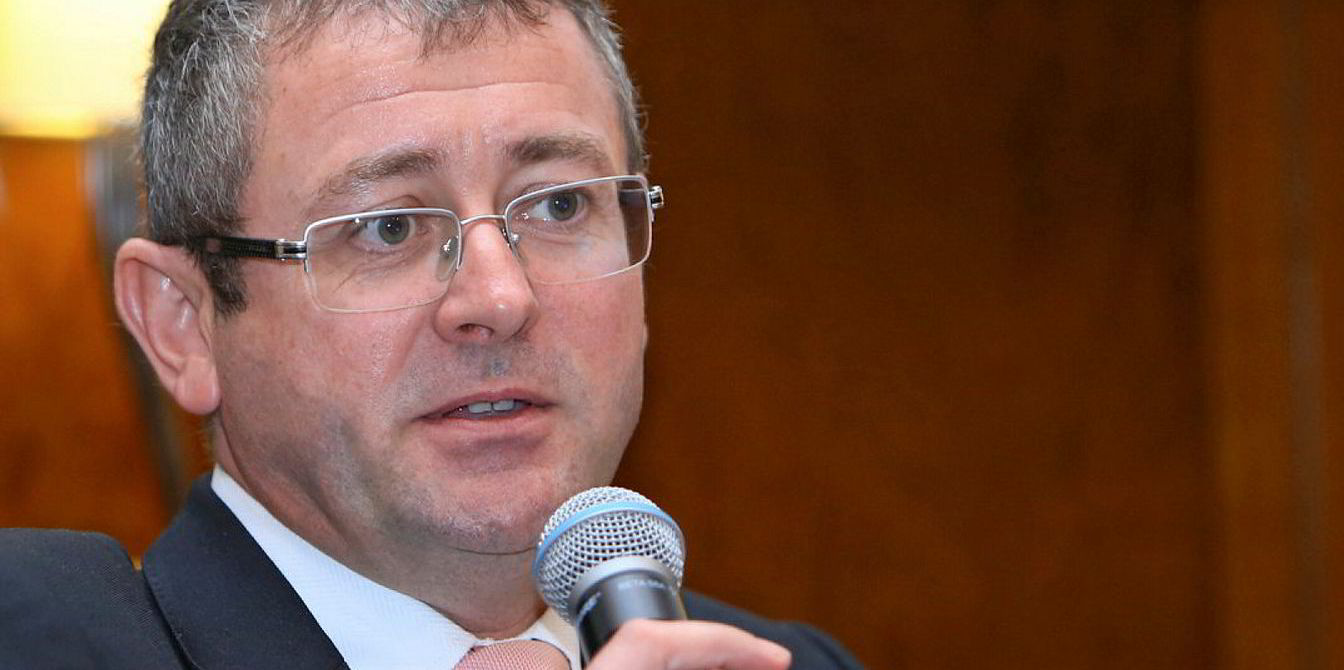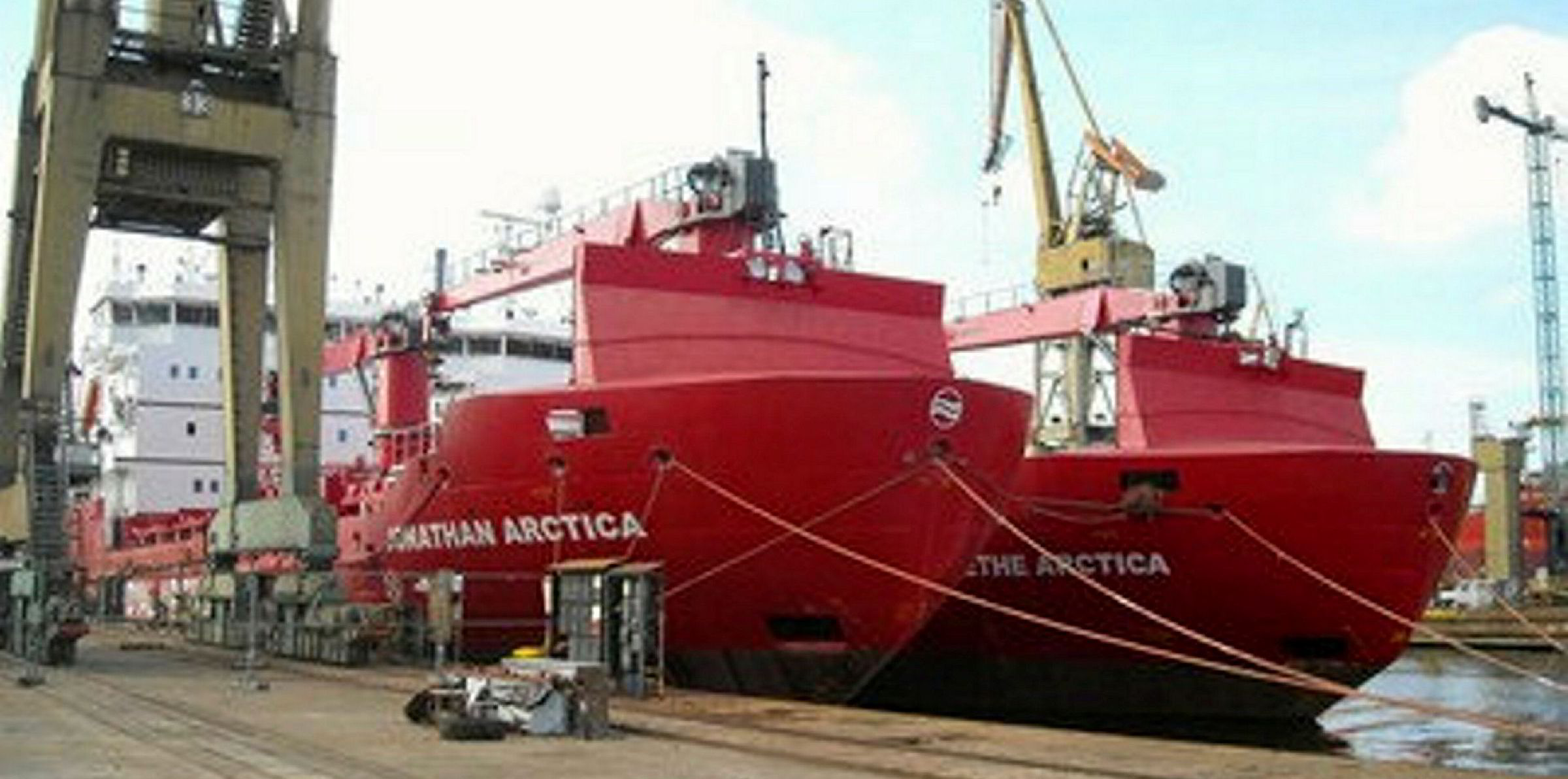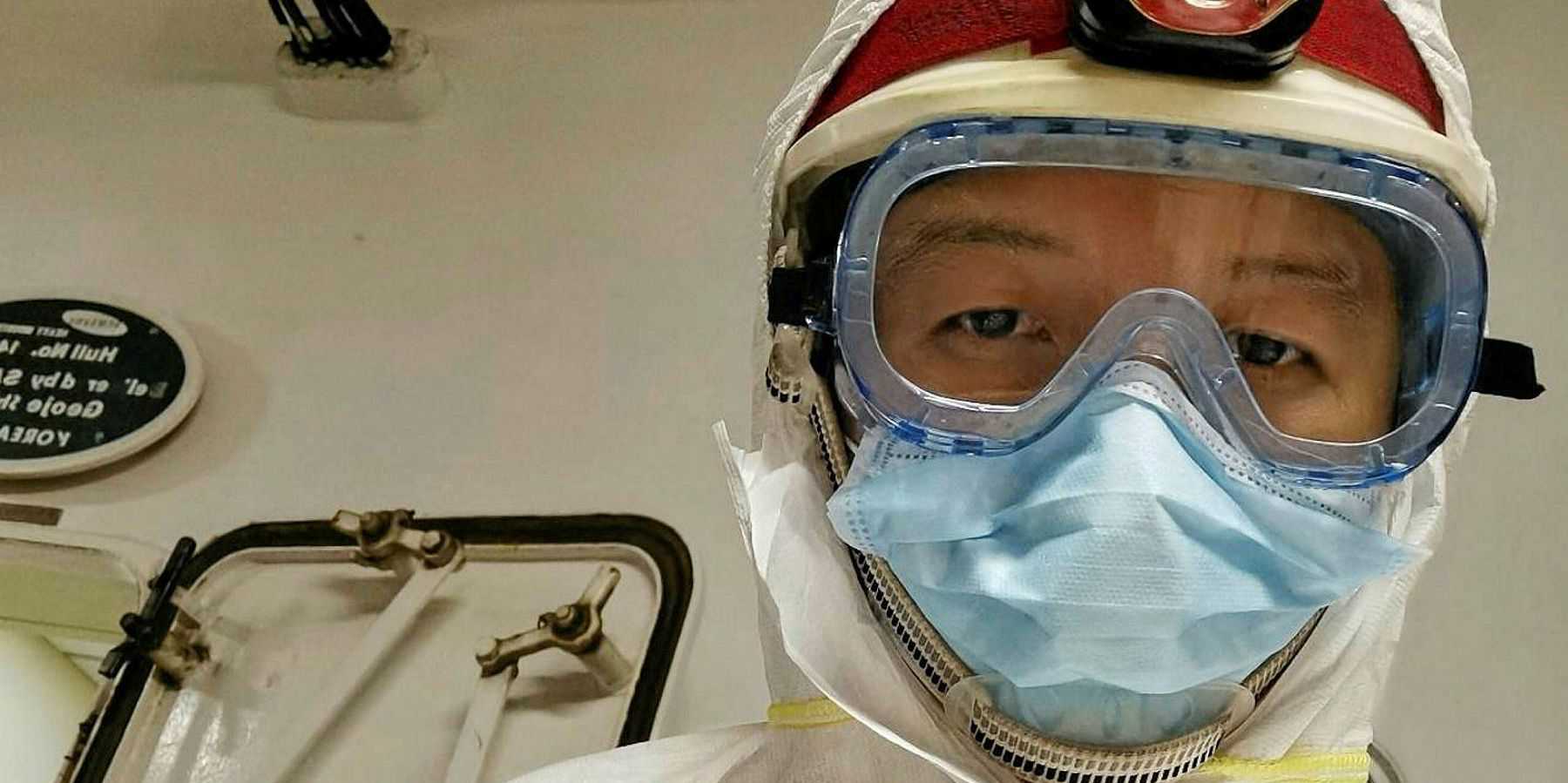ICBC Leasing’s top shipping executive says the Covid-19 pandemic impact has not slowed its leasing activities, as shipowners seek alternative sources of funding.
Executive director for shipping Bill Guo revealed on Wednesday that the Chinese leasing house lent $1.5bn to the industry in the first half of 2020, and expects to keep to the same budget as last year.
While Covid-19 has affected the global economy, particularly China, Guo told a TMS-organised ship finance webinar that he had an optimistic long-term view on shipping.
Upbeat on dry bulk
“Cargo will still be transported. We will keep on financing shipping,” he said.
He is especially optimistic about the dry cargo sector: “We already see the capesize market recovering quite quickly. We expect that dry bulk will be strong during the second half.”
Guo’s peers on the panel shared his bullish view, but lamented that tight liquidity at banks has made lending harder to secure.
Mohammed Sharaf, chief executive of Green Dome Investments and former chief executive of DP World, summed up the situation succinctly: “Banking, as an industry, is currently not generating cash.”
'Many companies can’t repay their loans'

Capital Partners president Petros Doukas concurred, noting that banking has been hard hit by the impact of coronavirus on the global economy.
“Many companies can’t repay their loans. The problem is that there isn’t that much money available for commercial lending,” said Doukas, whose company is a Greek-based investment advisor.
“Because banks are in such a weak position, lending is going to be very tough. Before, banks would offer 75% to 80% financing. Now they are only offering 50% to 55% financing, and that is only to who can get access to financing.
“For smaller companies it will become difficult, because banks have very little lending capacity.”
Overall economic picture

Doukas said the situation would change, but not within the next year or two.
Other panel participants complained that shipping has been downgraded by ratings companies because they like to take the overall economic picture into account, and this has caused lending costs to increase.
Chris Peters, chief executive of Dubai shipowner Eships, said that although the tanker sector has held up extremely well throughout the pandemic, “every single banker has been on the phone checking to see how their clients are doing”.
Peters, who worked in banking before switching to shipping, explained that shipping’s downgrading had left banks with little choice but to push up financing costs.
Guo attributed increased interest in leasing to these banking woes.
“The lack of traditional financing benefits leasing companies, because now you may have a situation where a shipping company that has some short-term financial need takes a look at leasing. That is why we are open for business,” he explained.
Although Guo claimed that ICBC is lending at the same pace as it did before the Covid-19 outbreak, he injected a note of caution that it is interested in working only with big players.
“This is purely because of the uncertainty,” he concluded.








